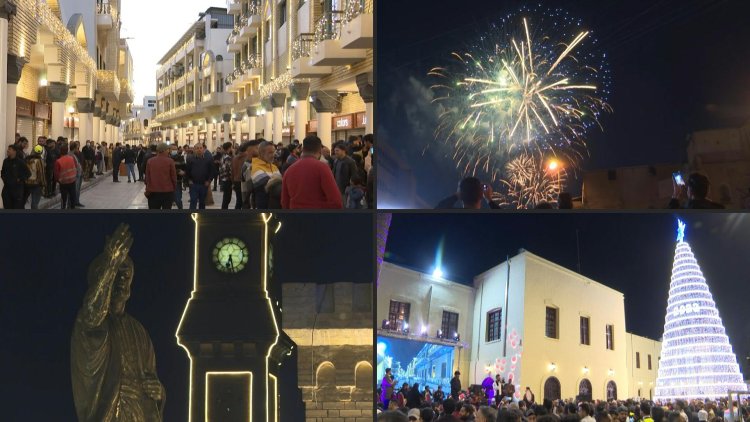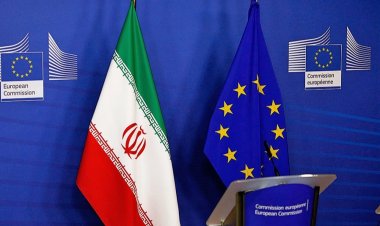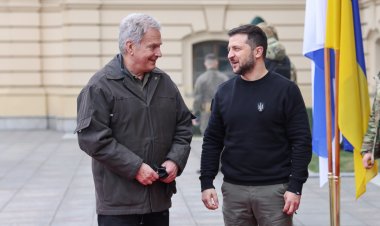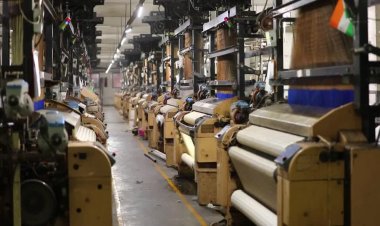New chapter for Baghdad's book street

The Iraqi capital Baghdad celebrated the renovation of the historic heart of its book trade, in the latest sign of an artistic renaissance after decades of conflict and strife.
In a city where explosions once could mean only one thing -- violence -- colorful fireworks lit up the sky during festivities organized by Baghdad municipality to inaugurate the renovated Al-Mutanabbi Street.
Its new look comes alongside art exhibitions, gallery openings, book fairs and festivals reflecting a fledgling cultural renaissance, and recalling a golden age when Baghdad was considered one of the Arab world's cultural capitals.
Al-Mutanabbi Street was first inaugurated in 1932 by King Faisal I and named after the celebrated 10th century poet Abul Tayeb al-Mutanabbi, who was born under the Abbasid dynasty in what would become modern-day Iraq.
A narrow street in the heart of old Baghdad, Al-Mutanabbi has long drawn students and young people, usually on Fridays. But it is also frequented by intellectuals and older bibliophiles.
Normality still hangs by a thread in the Iraqi capital, where rocket and drone attacks sometimes target its highly fortified Green Zone, and where a July suicide attack on a market killed more than 30 people.
There was high security for the costumed performers and musicians who performed along the car-free road of new cobblestones.
The road is lined with shops, freshly-painted and sparkling, but most were closed. Fairy lights garlanded the ornate brick facades and wrought iron balconies.
Private-sector banks financed the work, which began in August.















